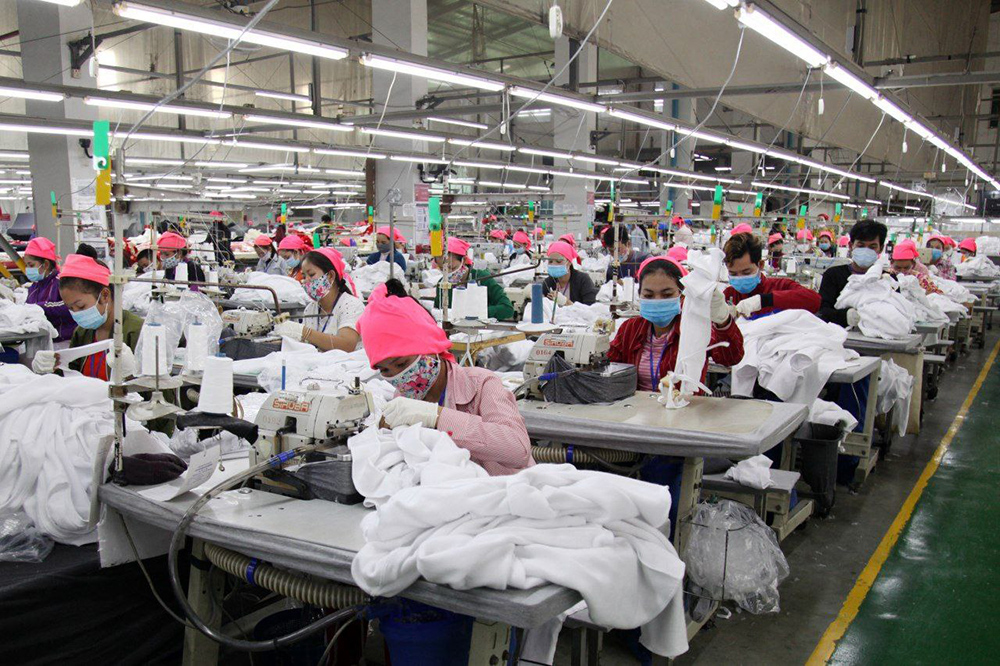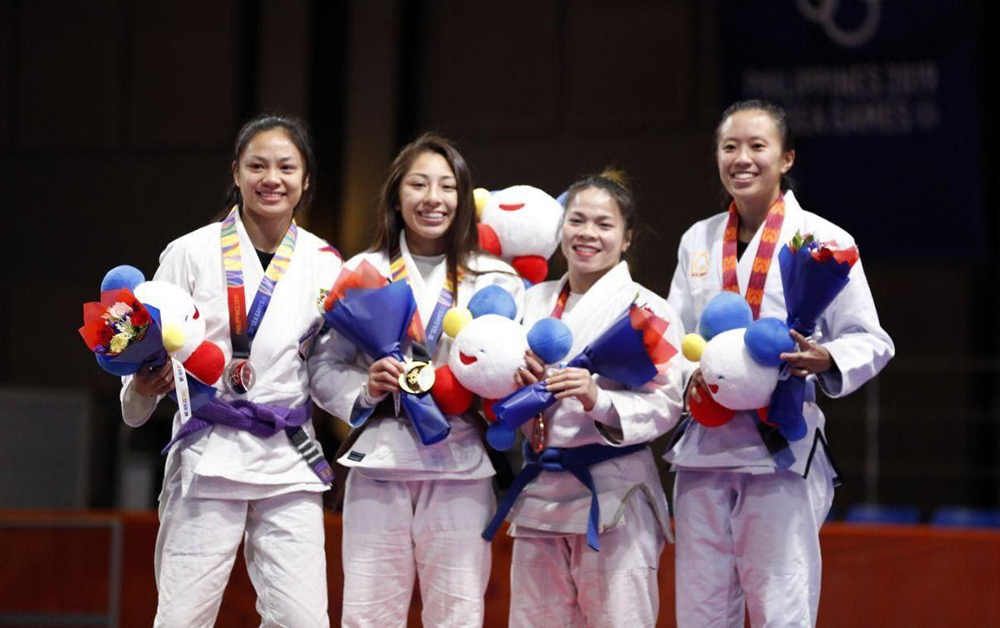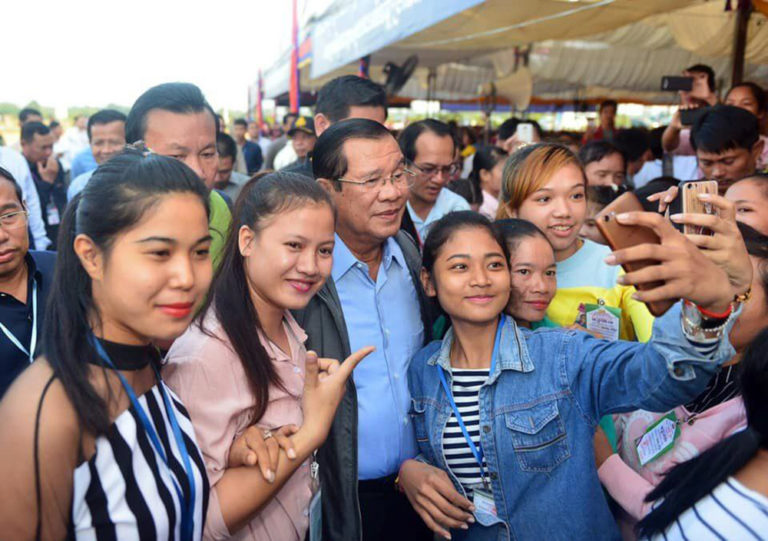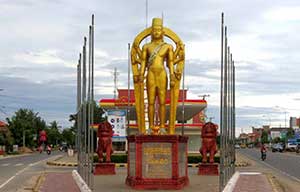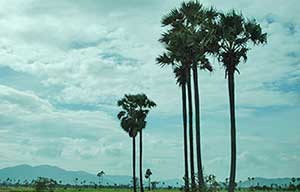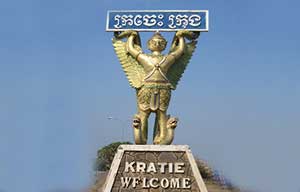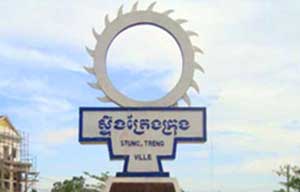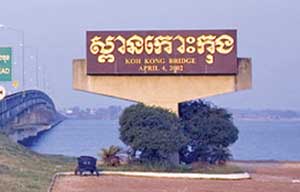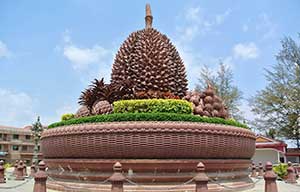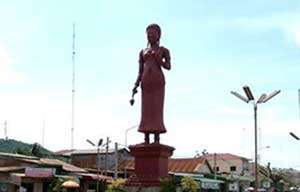The World Bank says Laos and Vietnam had the highest scores for gender equality in Southeast Asia last year followed by Singapore and Cambodia.
In the bank’s annual report on Women, Business and the Law released in Washington Thursday, Laos and Vietnam were both ranked at 88.1 out of 100, indicating that women in these countries have almost 90 percent of the rights of men.
The rankings — as of October last year — are based on eight indicators for mobility, the workplace, pay, marriage, parenthood, entrepreneurship, assets and pensions.
Other ASEAN nations scoring above the global average of 77.1 were Singapore (82.5), Cambodia (81.3), the Philippines (78.8) and Thailand (78.1).
Below the world average were Indonesia (70.6), Myanmar (58.8), Brunei (53.1) and Malaysia (50.0).
With the exception of Indonesia and Vietnam, the scores for ASEAN members were the same as those in last year’s report.
Indonesia’s score jumped from 64.4 last year after the country passed legislation to protect women from sexual harassment at work. The score for Vietnam was up from 85.0 after revisions resulting from new information.
MOBILITY, THE WORKPLACE, PAY AND MARRIAGE
For women’s freedom of movement, Cambodia, Indonesia, Laos, Singapore, Thailand and Vietnam had the best scores (100) followed by Myanmar and the Philippines (75). Brunei and Malaysia had the lowest (50).
Cambodia, Indonesia, Laos, Philippines, Thailand and Vietnam had the top rankings for laws affecting women’s decision to work (100). Singapore had the next best score (75) followed by Malaysia (50) and Brunei and Myanmar (25).
In terms of measures, laws and regulations affecting women’s pay, the Philippines and Vietnam excelled (100). Brunei, Cambodia, Indonesia, Laos, Singapore and Thailand came next (75) followed by Malaysia and Myanmar (50).
For the absence of constraints related to marriage, Singapore, Vietnam and Laos topped the list (100) followed by Cambodia, Myanmar and Thailand (80). Next came the Philippines (60), and Brunei, Indonesia and Malaysia (40).
PARENTHOOD, ENTREPRENEURSHIP, ASSETS AND PENSIONS
Laos and Vietnam scored best for laws affecting work after having children (80). Myanmar, the Philippines and Singapore (60) came next followed by Indonesia (40), Cambodia and Thailand (20) and Brunei and Malaysia (zero).
Freedom for women to start and run businesses was highest in Cambodia, Laos, the Philippines and Vietnam (100). Brunei, Indonesia, Malaysia, Myanmar, Singapore and Thailand all had the next highest score (75).
For property and inheritance, Cambodia, Laos, Singapore, Thailand and Vietnam recorded the best scores (100) followed by Myanmar (80). Brunei, Indonesia, Malaysia and the Philippines had lower rankings (60).
The report found a wide disparity among ASEAN laws affecting the size of a woman’s pension. Brunei alone had the best score (100). Cambodia, Indonesia, Malaysia, the Philippines, Singapore and Thailand came next (75) followed by Laos (50), Myanmar (25) and Vietnam (zero).
NEW INDICATORS
By next year, the World Bank said it expected to publish new data on childcare legislation, implementation of the law and measures related to women’s safety. The new indicators are scheduled to be included in scores in 2025.
The bank said it was also reviewing areas in which legal equality had almost been reached such as women’s right to sign a contract in the same way as men — a right now granted by 99 percent of economies. Pilot data is expected to be published and integrated into scores in 2025.
“Although great achievements have been made over the last five decades, more needs to be done worldwide to ensure that good intentions are accompanied by tangible results,” the bank said.
“Women cannot afford to wait any longer to reach gender equality. Neither can the global economy.”
